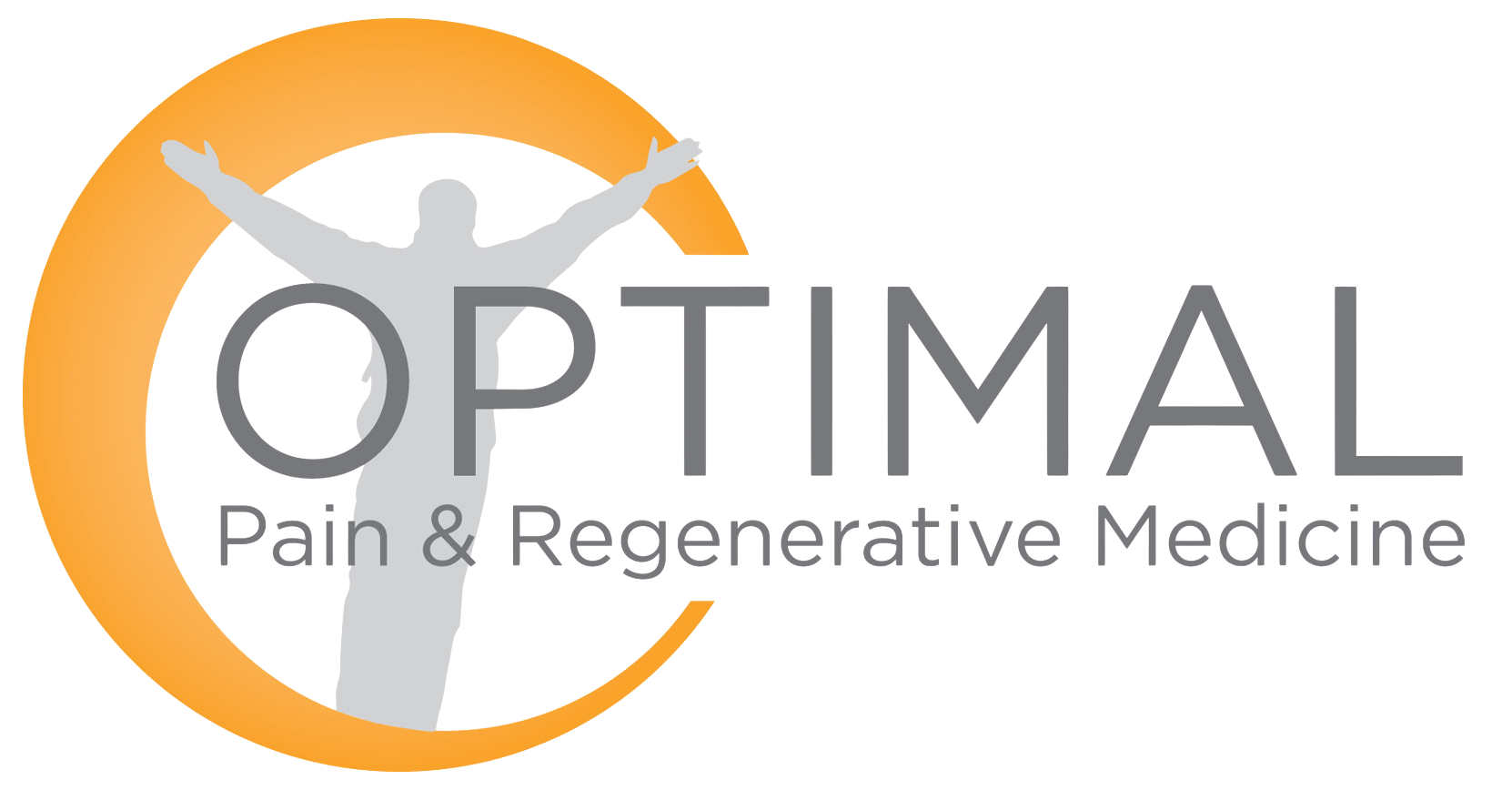Athletes are constantly searching for the next best treatment for accelerated healing of chronic tendon injuries, acute ligament and muscle injuries. OPTIMAL Pain & Regenerative Medicine® offers state-of-the-art platelet rich plasma injections to the Dallas, Arlington and Fort Worth communities. Our team of double-board certified pain management and anesthesiology are leading provider of PRP injections in the Dallas, Arlington and Fort Worth area.
What are Platelet Rich Plasma (PRP) Injections?
Platelet rich plasma injections merges technology with the body’s natural abilities for accelerated healing of a variety of conditions. Collegiate athletes and weekend warriors now have access to the same innovative treatments that professional athletes have used for years to get back into the game faster.
A human’s blood is composed of four main components: red blood cells, white blood cells, plasma and platelets. For many years doctors believed that the main function of platelets was for blood clotting, but within the last twenty years research has shown that when activated, platelets release healing proteins called growth factors. Growth factors are a naturally occurring substance capable of stimulating cellular growth, proliferation, healing and cellular differentiation.
What can PRP Injections be used for?
For decades, platelet rich plasma injections have been used in operating rooms for trauma wound healing and to stimulate bone formation in spinal fusion surgery. Today, physicians are using PRP injections for chronic tendon injuries, like tendonitis, acute ligament and muscle injuries. Conditions commonly treated with PRP injections:
Shoulder: rotator cuff tendinitis or tear, rotator cuff impingement syndrome or bursitis, bicipital Tendinitis, labrum tears, arthritis, instability
Wrist/Hand: DeQuervaine’s tenosynovitis, arthritis, other wrist or finger tendinitis, ligament tears or dysfunction of the fingers
Elbow: medial and lateral epicondylitis (tennis & golfers elbow)
Hip: iIliotibial band tendinitis (ITB syndrome), psoas tendinitis and bursitis, greater trochanteric bursitis, hip labrum tears, piriformis syndrome, sacroiliac joint dysfunction, arthritis
Knee: patellar tendinitis, patellar femoral syndrome, chondromalacia patella, partially torn or strained major ligaments of knee (ACL/LCL/MCL), meniscus tears, arthritis, patellar instability
Ankle/Foot: Achilles tendinitis, peroneal Tendinitis, arthritis, recurrent ankle sprains, other foot or ankle tendinitis
Neck: Whiplash injuries, headaches related to the neck, arthritis
Back: Facet joint arthritis, rib problems, pain associated with scoliosis
PRP injections can also be used to help accelerate the healing of surgically repaired areas.
What is the process of Platelet Rich Plasma Injections?
To begin treatment one of our trained physicians will remove a vial of blood, typically 30 milliliters. The patient’s blood is then spun in a centrifuge, which is a machine that uses high speeds to separate the four main components of the blood. Once the components are separated the platelet rich plasma is removed. The plasma is then injected back into the injured area, releasing three to five times the growth factors compared to normal human blood. These growth factors recruit and increase the proliferation of reparative cells. In some cases, an “activating agent”, which is either thrombin or calcium chloride, will also be added into the injection.
The entire process takes less than 15 minutes. Response to treatment will vary with each patient. Most patients will require 1-3 sets of PRP injections. Each set of treatments is spaced 4-6 weeks apart. As PRP is obtained from your own blood, the risk of reaction is low. As with any injection, there is a small risk of injury to any structures in the area as well as a very small risk of infection.
If you are interested in seeking platelet rich plasma injections in the Dallas, Arlington or Fort Worth area, please contact OPTIMAL Pain & Regenerative Medicine®.
